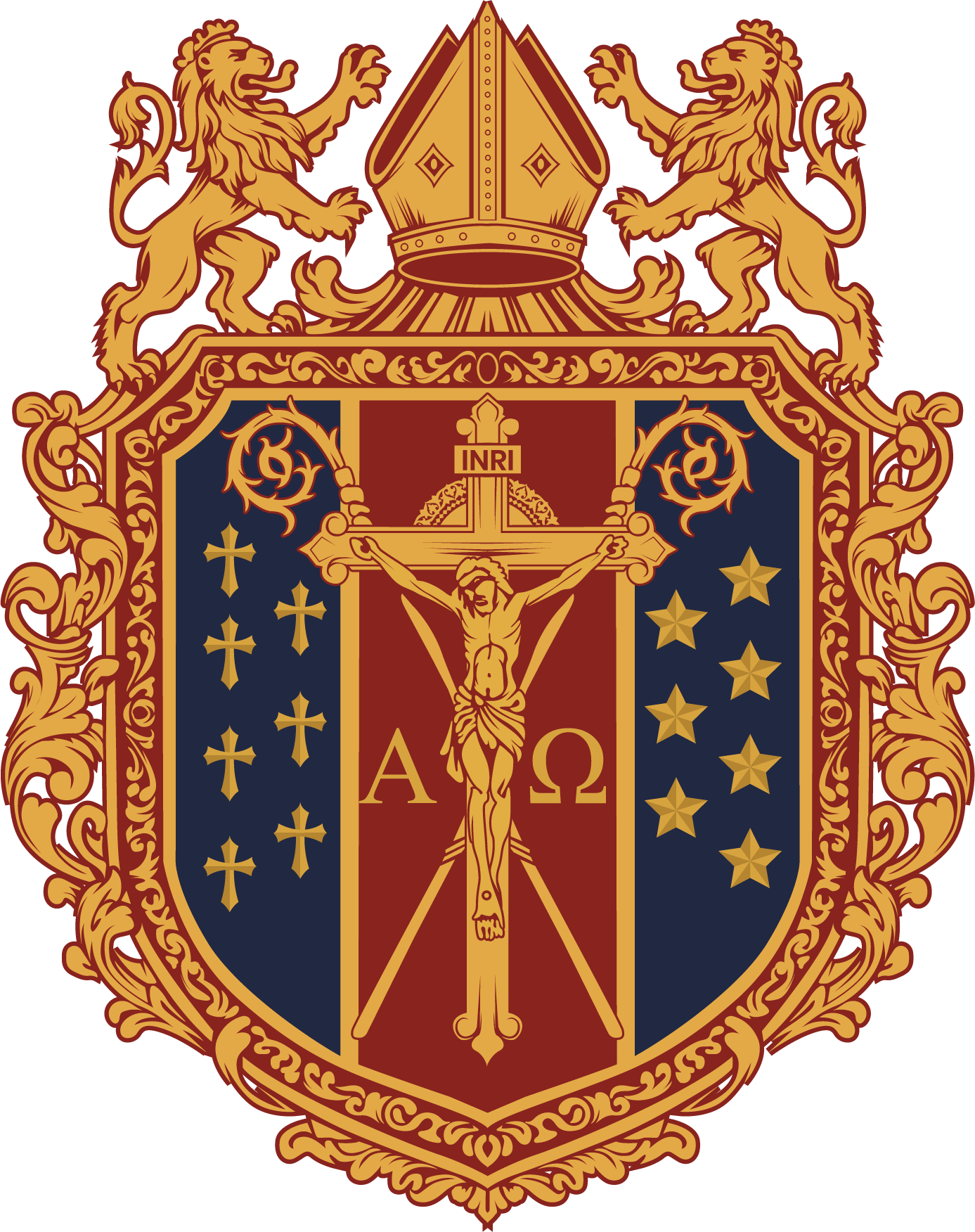
Who We Are
The EPISCOPAL CATHOLIC church welcomes you!
We are SACRAMENTAL in Worship, CATHOLIC in Spirit, ORTHODOX in Faith, and PROGRESSIVE in Love.
WHO WE ARE
The Episcopal Catholic Church is comprised of interdependent parishes within the Episcopal - Old Catholic communion.
Our Manual
The Holy Bible with Deuterocanonical/Apocryphal Books of the Old Testament
The 1928 Book of Common Prayer
Our Message
Jesus Christ crucified, buried, risen and coming again!
We believe God loves you with no exceptions! There are no conditions on the unconditional love of God.
Our Goals
+ To Worship God
+ To Grow in holiness
+ To Seek the Old Paths
+ To share the Catholic Faith with others
OUR VISION
A desire to live out our individual & collective faith in God among our community. We seek to demonstrate God's care for every person in real and practical ways, inviting those we meet to discover a personal relationship with Christ, grow as His disciple, and join us in impacting our community with knowledge and love of God found only in Christ Jesus.
OUR MISSION
To Inspire, Experience and Share the Reality of Christ through Word and Sacrament.
Further, our mission is to spread the word of the Holy Scriptures, offer the sacraments and provide the church to those that seek it, and can't find it elsewhere. We do not (and will not) spend our time doing debate. This simply is not practical. We share Jesus and the love that God has for ALL people. We are a vibrant community steeped in tradition, bringing the concepts and precepts of the Ancient Apostolic Churches to our modern age. We are open, Christ centered, Scripture based, non-judgmental and non-political.
OUR CORE VALUES
Praise & Worship - A life lived and given back in worship of God
Liturgical & Sacramental Worship - The value of holy & historical worship
Preaching & Teaching Scripture - Biblical teaching from the Word of God
Evangelism & Outreach - Sharing the life-changing message of Jesus Christ
Missions & Missionary Work - Being salt & light wherever God calls
The uniqueness of each person - Every person matters to God
Diligent pursuit of a personal relationship with Christ - Endeavoring to run the race set before us.
The Trinity - God the Father, Son & Holy Spirit as confessed in the Nicene Creed
Demonstrating Christ's love & compassion -Bearing others burdens & the hope found in God
Fellowship - Joining and enjoying the community of Faith
OUR AFFILIATION
We are a part of Christ’s One, Holy, Catholic, and Apostolic Church.
Our Communion
The Table of Christ: An Interdependent Sacramental Communion
Our Province
The Episcopal Free Fellowship
Our Diocese
The Diocese of St. Patrick
-
Episcopal meaning governed by Bishops of valid Apostolic succession (or Orders). Bishops are successors to the Apostles and, among other secular and ecclesiastical duties, confirm new members to the Church. The Faith teaches and we believe that children are covered by Baptismal grace. At the age of discretion, children are given Catechism and Confirmation instruction, after which they receive the Sacrament of Confirmation conferred by a Bishop and their first communion. We do this as a balance between catholic and reformed teaching and is Scripturally based, partly on St. Paul's words in I Corinthians 11:29, "discerning the Lord's body."
Although we are episcopal, we are not in communion nor have any affiliation with The Episcopal Church, USA or The Protestant Episcopal Church in North America (The Episcopal Church or “TEC”).
-
Catholic yet not Roman. The Church is universal, holding earnestly the Faith for all time for all people and part of the historic Undivided Church, tracing its teachings and ministry to the early Apostolic Church instituted by Jesus Christ, the Seven Ecumenical Councils, and the unanimous consensus of the Church Fathers.
-
While the Church is one, it adapts itself to differing cultures and circumstances. We believe in the freedom of individual churches, dioceses and provinces to respond to the needs of the particular people they serve. Independence does not mean that a parish or diocese or any other level of church government has the right to change the Faith. Each congregation owns its own property. Neither the bishops nor the conventions of this Church make political decisions for the people of the Church. Christians are bound to make their political decisions and exercise their rights in the light of the Gospel.
-
A traditional parish of the One, Holy, Catholic, and Apostolic Church instituted by Our Lord Jesus Christ. In our worship, we profess the orthodox Christian Faith by joyfully proclaiming the timeless Gospel of our Saviour and celebrating the seven Holy Sacraments as received in the canonical Holy Scriptures and the teachings of the Church Fathers. In our services, we use a liturgy based on the Book of Common Prayer, which contains prayers and affirmations of Faith dating to the beginning of Christianity and the traditional Anglican liturgy. This liturgy has been continuously used in parishes since it was first published in 1549 Book of Common Prayer.
